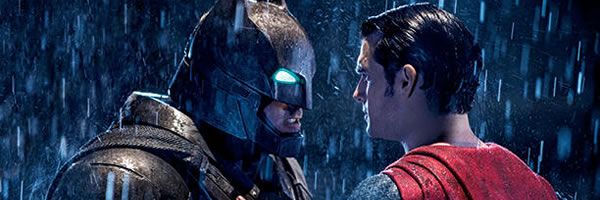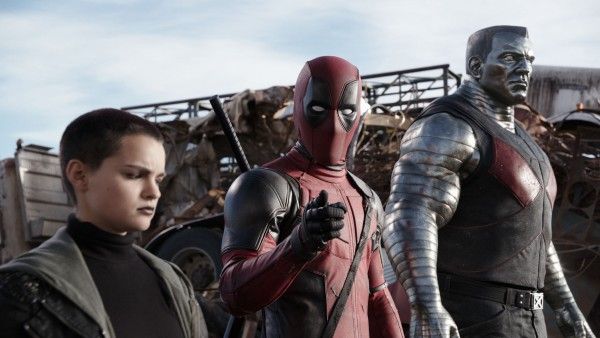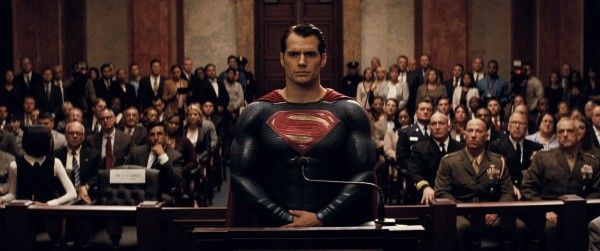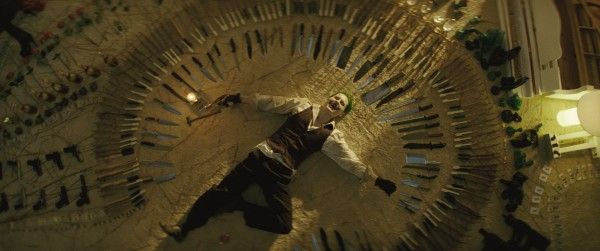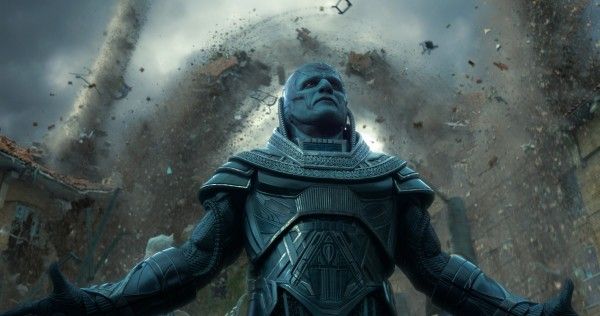A few years ago, I was on a panel at DragonCon for “The State of Superhero Cinema,” and a question we got asked more than once was, “Is the superhero bubble going to burst?” Superhero movies have been raking in the dough, especially in the last eight years, and naturally fans are a little worried that what they’re witnessing isn’t the emergence of a new cornerstone of blockbuster cinema but a short-lived fad.
The thinking seems to be that if there are enough bad movies in the genre then the bubble will burst. However, what 2016 showed us is that the genre will remain popular even if every film isn’t a homerun. Furthermore, 2016 showed us that studios can find success both by playing it safe and by taking chances. There’s no single answer for how to make the genre thrive.
While Deadpool wasn’t the biggest superhero movie of 2016 (that distinction goes to Captain America: Civil War), it was the biggest success story. The film had languished in development hell for years as Fox didn’t quite know what do with it despite fans adoring Ryan Reynolds’ take on the character and the leaked screenplay from writers Rhett Reese and Paul Wernick. Eventually, the studio took a chance on the character, giving him a moderate budget and then pursuing one of the smartest marketing campaigns in recent memory. They took the R-rating and turned it into an asset.
Although Deadpool isn’t a “great” film, it’s a game-changer for the genre since it shows other studios that given the right material and the right campaign, they can have a huge success. The R-rating is no longer a kiss of death, but moreover, the superhero is established enough that films can start edging into satire. Although I wish Deadpool went a little further in making fun of the genre, it does get in some good jabs in between the cursing and the violence.
Deadpool may have been the biggest superhero success story of the year, but on the flipside, Batman v Superman: Dawn of Justice was its biggest disappointment. The movie bore all the signs of what can go wrong when a studio decides to rush its universe building in favor of quick profit. Even those who weren’t offended by Batman v Superman would likely agree that nothing would have been harmed if we had gotten at least one more solo Superman film before Batman, Wonder Woman, and everyone else started charging in.
However, it’s tough to say what that Superman movie would be. It’s difficult to get a handle on what director Zack Snyder wants from the iconic hero. On the one hand, he wants the audience to know that the sign on Superman’s chest means “hope”, and yet on the other hand, he wants to depict Superman as an aloof god, tethered to humanity only by his love of Lois Lane and Ma Kent. Perhaps the character could have been better fleshed out if he had another movie where he was the primary focus, but in their haste to catch up to Marvel, Warner Bros. basically made Justice League 0.5: Dawn of Sadness.
Given the reaction to Batman v Superman, Warner Bros. will be course-correcting again when it comes to Justice League, and while it’s encouraging that the studio is listening to fans, they were also listening to fans post-Man of Steel, and the result was a film that diminished Batman and Superman. Perhaps with Geoff Johns taking on a larger role at the studio, they’ll figure out what they’re doing, but 2016 was not a great year for them.
Which leads us to Suicide Squad, a film that had people debating which movie was the bigger disaster for Warner Bros. I would argue that Batman v Superman is still the worse film since there are a couple things that Suicide Squad does right (it has better performances, it tries to have some fun). That being said, it’s still a train wreck from start to finish and a sign that the studio didn’t really have confidence in what they were building, but knew they wanted it to get it out fast.
Oddly, Batman v Superman and Suicide Squad suffer from the same problem: they were both rushed with no clear concept of what was desired beyond, “We need superhero movies.” There’s no reason Batman v Superman and Suicide Squad couldn’t be good, but when you refuse to give Superman another solo film and you give David Ayer only six weeks to work on the screenplay, you show that you’re not really concerned with laying the necessary groundwork to have the biggest success possible. While neither film was a flop, they both underperformed. Batman v Superman was over $100 million short of the $1 billion mark at the worldwide box office and Suicide Squad didn’t reach $750 million worldwide.
That being said, it wasn’t Marvel’s best year either. While Civil War was a good film, I’ve found that it doesn’t hold up as well on repeat viewings, and in some ways, it makes me concerned about Avengers: Infinity War. The biggest problem is that directors Joe and Anthony Russo don’t really have a voice. Technically, they’re highly competent filmmakers who know exactly what they want to do, but they’re not out to challenge the audience. Say what you will about Avengers: Age of Ultron, but at the end of the day, that’s a movie where one of the heroes shrugs and says, “Yes, humanity is doomed.” That’s incredibly brave, and while Civil War offers a great time at the movies, it doesn’t do anything remotely that interesting.
The larger cause for concern is Doctor Strange, a film that may push the visual boundaries of what we’ve come to expect from a Marvel film, but narratively sees the studio playing things as safe as ever. Marvel’s reached the point where they can sit comfortably, but that’s not what we expect a leader to do. The story of an asshole who is humbled and becomes a hero is a tale they’ve told several times already, and to simply add, “Now with magic!” is a bit deflating. Also, 13 movies in and they’re still struggling with how to create interesting villains. 2017 will be a fascinating year for the studio to see if they can evolve or if they’ve stagnated.
And finally, Bryan Singer returned to kill the franchise he created with X-Men: Apocalypse. It’s a testament to the star-power and talent of all of the actors involved that the movie will not be held against them. I truly believe that in five years, no one will even remember that Oscar Isaac was the villain in this abomination. While the X-Men aren’t truly dead, Apocalypse has certainly snuffed it out in its current form, and I would be shocked to see any of these actors return in future movies. Instead, Fox is going to have to get creative, and we’re seeing hopeful signs already with Legion and New Mutants.
That’s where the superhero genre is right now. There are those who grew up without high-quality superhero films who are worried that we’ll go back to a time when these movies didn’t exist, but 2016 showed that won’t happen. Instead, it showed us that the genre is still changing and studios are still figuring things out. Even in a year that has more disappointments than success stories, people will still flock to see superhero movies, and I’m excited to see how the genre develops in the years to come.

